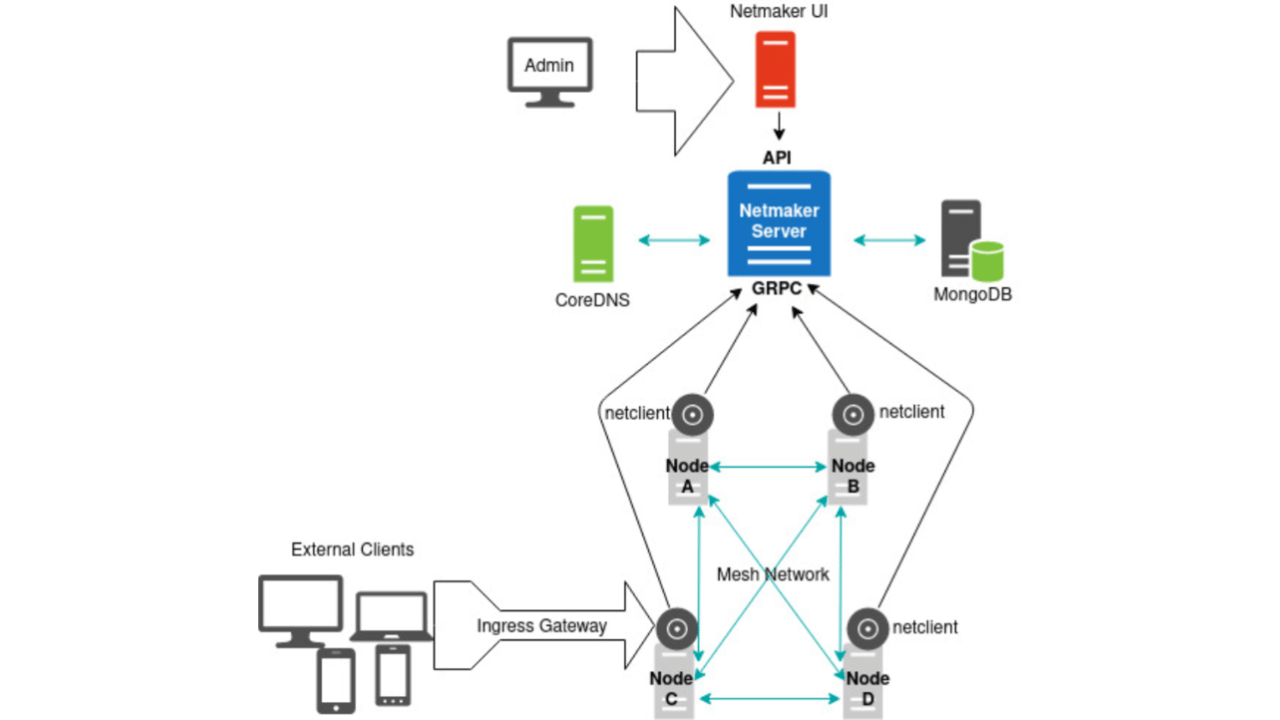Picture this: You’re sitting in a coffee shop, sipping your latte, catching up on emails, or logging into your bank account. But here’s the problem—public Wi-Fi is a hacker’s playground. Data interception, man-in-the-middle attacks, and sneaky packet sniffers lurk in the background, waiting for their moment.
A staggering 40% of public Wi-Fi networks lack basic encryption, leaving users exposed to potential threats (Source: Kaspersky). So, what’s your defense? A VPN. But not just any VPN—WireGuard, a protocol praised for its speed, efficiency, and modern cryptographic design.
What is WireGuard and How Does It Work?
WireGuard is a modern VPN protocol designed to offer a faster, more secure alternative to traditional VPNs like OpenVPN and IPSec. Developed by Jason A. Donenfeld, it simplifies the VPN process by using streamlined code, making it easier to audit and more efficient in encrypting internet traffic.
Unlike older VPN protocols that rely on complex configurations, WireGuard uses state-of-the-art cryptography, including:
- ChaCha20 for encryption – A high-speed alternative to AES used in many security applications.
- Curve25519 for key exchange – Ensuring secure and efficient communication between users.
- BLAKE2 for hashing – Enhancing integrity and authentication.
- Noise Protocol Framework – Providing a robust foundation for secure key exchanges.
Does WireGuard Protect Your Privacy on Public Networks?
Strengths of WireGuard
- Minimal Attack Surface – WireGuard’s codebase is significantly smaller than OpenVPN and IPSec, reducing potential vulnerabilities and making it easier to audit for security flaws.
- Speed & Performance – WireGuard operates at a higher efficiency, reducing latency and improving connection speeds, making it ideal for streaming and browsing on public networks.
- Robust Encryption – Uses the latest cryptographic principles to ensure strong encryption and secure communication.
- Seamless Roaming – Automatically re-establishes connections if the network changes, preventing exposure during connectivity interruptions.
Privacy Concerns with WireGuard
While WireGuard offers excellent security, privacy-conscious users should be aware of certain concerns:
- Static IP Assignment – WireGuard does not assign dynamic IP addresses by default, meaning your VPN provider may retain logs of user activity unless they implement measures to prevent tracking.
- Lack of Built-in Kill Switch – Unlike some VPN solutions, WireGuard does not natively include a kill switch. If the connection drops, your real IP could be exposed unless your VPN provider adds this feature.
- No Built-in Obfuscation – In restrictive regions where VPN use is monitored or blocked, WireGuard Protect Your Privacy lacks obfuscation techniques that disguise VPN traffic as regular HTTPS traffic.
How to Maximize Privacy with WireGuard

If you use WireGuard on public Wi-Fi, follow these steps to enhance your privacy:
1. Choose a Privacy-Focused VPN Provider
Look for VPN providers that:
- Do not log user activity.
- Implement rotating IPs or custom configurations to prevent tracking.
- Support kill switch features to prevent accidental exposure.
2. Enable a Kill Switch
Even though WireGuard doesn’t have a built-in kill switch, many VPN apps offer this feature. Ensure you enable it in your VPN client settings to prevent leaks during connectivity drops.
3. Use Multi-Hop VPN or Tor Over VPN
If privacy is a top concern, consider using multi-hop VPN setups, which route your traffic through multiple VPN servers for an added layer of security. Alternatively, using Tor over VPN can further anonymize your online activity.
4. Regularly Update WireGuard
Since WireGuard is actively maintained, ensure you’re using the latest version to benefit from security patches and performance improvements.
5. Configure WireGuard for Dynamic IPs
Some VPN providers allow custom configurations that enable dynamic IP assignment, reducing traceability.
WireGuard vs. Other VPN Protocols
| Feature | WireGuard | OpenVPN | IPSec |
|---|---|---|---|
| Speed | High | Moderate | Moderate |
| Security | Strong | Strong | Strong |
| Codebase Size | Small | Large | Large |
| Built-in Privacy | Moderate | High (if configured) | Moderate |
| Obfuscation | No | Yes | Yes |
| Ease of Use | High | Moderate | Low |
Conclusion
So, does WireGuard protect your privacy on public networks? Yes—but with some caveats. While it excels in speed, efficiency, and security, privacy-conscious users must take extra steps to ensure full anonymity. Choosing a no-logs VPN provider, enabling kill switch features, and regularly updating the protocol can significantly enhance your security when using WireGuard on public Wi-Fi.
For those seeking a balance between speed and privacy, WireGuard is an excellent choice. But if absolute anonymity is your goal, pairing it with additional security measures like Tor or multi-hop VPNs is the way to go. Stay informed, stay secure, and take control of your online privacy today!



